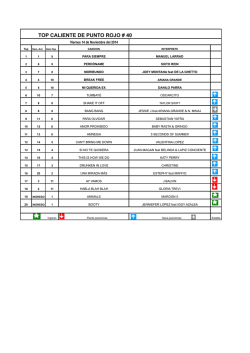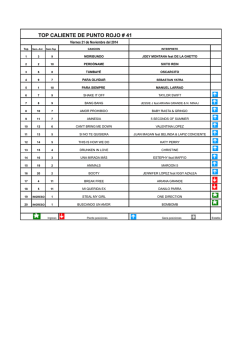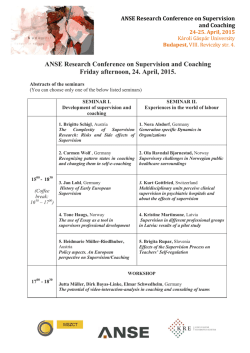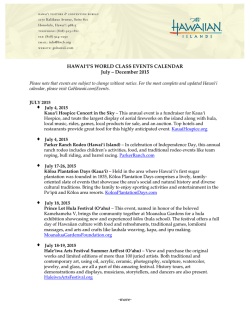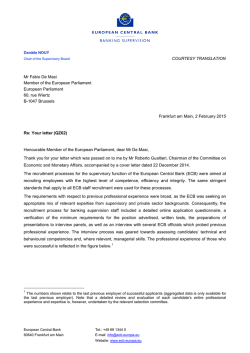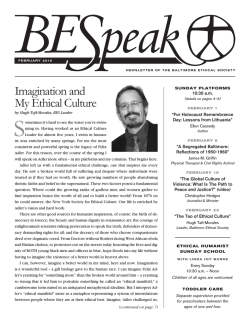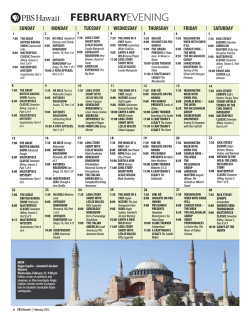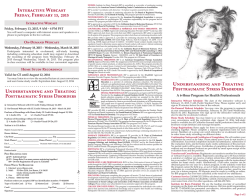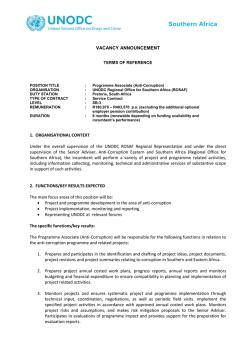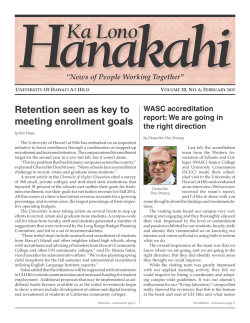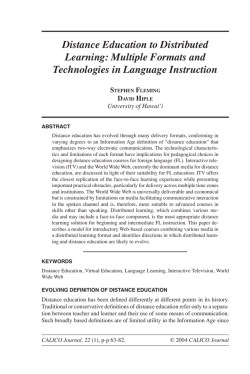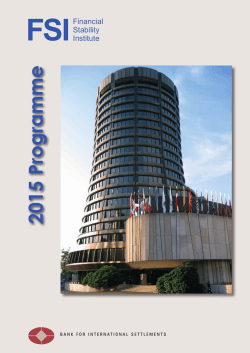
to view the workshops and to RSVP
Hawai‘i Pacific University School of Social Work 2015 CONTINUING EDUCATION WORKSHOPS The Professional Development Workshop Series is intended for an audience of practicing professionals in the fields of health and human services, community development, entrepreneurship and innovation, and students and faculty in academia. The workshops will be held on select Fridays from 9 a.m. to 12 p.m. Sign-in begins at 8:15 a.m. at the Hawai'i Pacific University Windward Hawai‘i Loa Campus, located at 45-045 Kamehameha Highway, Kaneohe, HI 96744-5297. A light continental breakfast will be served during sign-in, and parking is free onsite. A detailed map of the campus can be found by clicking here. CEUs are authorized by NASW and count towards the State of Hawaii continuing education units licensure requirements. February 6, 2015 How to Provide Culturally Competent Services with the Marshallese (3 CEUs) Sonja Evensen, MPH, Cand. Mag, is an evaluation specialist serving Hawaii and the Pacific Region. She has been providing consulting services in the Marshall Islands for over ten years. Arsima Muller, Esq., is a Marshallese attorney with the Honolulu law firm of Carlsmith Ball LLP. She continues to maintain an active practice in the Marshall Islands. She is also involved in numerous Marshallese community groups here and in the Marshall Islands. Learning Objectives: •Describe relevant background information on the Republic of the Marshall Islands. •Identify reasons for Marshallese immigration to the US and impact on service needs. •Identify the cultural barriers that exist. •Describe what service providers can do to better serve Marshallese. This workshop is intended to give the audience a greater understanding of the historical connection between the Marshall Islands and the US, and the cultural differences that make life challenging for both Marshallese immigrants and the service providers in health, education, social services, etc. The audience will be engaged in discussion about racism and bias, and reflect on their own situations in dealing with multicultural settings. Ultimately, it is hoped that this session will reveal multiple perspectives that are critical to understand, that will ensure a more respectful and appropriate interaction between cultures. CLICK HERE TO REGISTER March 30, 2015 Entering into relationship: The Steve Lopez and Nathanial Ayers Story ( 2 CEUs) Steve Lopez has been an L.A. Times columnist since 2001. He has won more than a dozen national journalism awards for his reporting and column writing at seven newspapers and four news magazines, and was a 2011 Pulitzer finalist for his columns on elder care. He is the author of three novels, two collections of columns and a non-fiction work called “The Soloist,” which was a Los Angeles Times and New York Times best-seller, winner of the PEN USA Literary Award for Non-Fiction, and the subject of a Dream Works movie by the same name. That book is based on columns Lopez wrote for The Times about his friendship with Nathaniel Ayers, a homeless, Juilliard-educated Los Angeles musician. The movie starred Jamie Foxx and Robert Downey, Jr. Lopez’s television reporting for public station KCET has won three local news Emmys, three Golden Mike awards and a share of the Columbia University DuPont Award. Steve Lopez is married and has two sons and a daughter. Learning Objectives: •Identify elements of “The Soloist” as a case study in advocacy and relationship building. •Identify common ethical concerns which arise during advocacy work. •Describe strategies to manage ethical concerns. Mr. Lopez will explore the evolution of his friendship with Mr. Ayers, what he learned about public policy failures and victories, and the destigmatization which occurs through the humanizing of Nathaniel and thousands like him. This story is about the power of friendship, perseverance, art and music and affirms how through engagement in relationships with others we are changed, as we seek to change. CLICK HERE TO REGISTER May 22, 2015 Best practices in treatment and rehabilitation of traumatic brain injury in military, civilian, and sports-participant populations. ( 3 CEUs) Michael King, Ph.D., ABPP (Cl, CN) holds a doctoral degree in Clinical Psychology from McGill University, Montréal, Québec. He is licensed to practice Psychology in Hawaii and is Board-certified in Clinical Psychology and Clinical Neuropsychology. He has over 35 yrs. of experience in clinical neuropsychological practice, administrative work, clinical teaching and supervision in Canadian tertiary-care healthcare facilities. Currently, Dr. King is Clinical Neuropsychologist in the Brain Injury Clinic, Tripler Army Medical Center. In this role, he is responsible for the clinical neuropsychological care of referred active duty service members and their families who have had or may have had concussions and related problems (e.g. PTSD, depression, chronic pain). Learning Objectives: •Be able to describe the typical physical, cognitive, and behavioral/emotional effects of mild, moderate, and severe traumatic brain injuries •Be able to describe the natural course of recovery and expected outcomes for patients with mild, moderate, and severe brain injuries •Be able to describe the main evidence-based treatment and rehabilitation strategies for patients with traumatic brain injury •Understand the epidemiology of traumatic brain injury in these three populations •Be able to describe the principal mechanisms of traumatic brain injury Developing knowledge and skills related to treatment and rehabilitation of traumatic brain injury is becoming increasingly necessary. This workshop reviews various types of traumatic brain injury and their common physical, cognitive and behavioral consequences. The participant will receive current epidemiological information about head injury and be able to discuss common causes of traumatic brain injury, as well as the principal mechanisms of traumatic brain injury. Best practices related to successful rehabilitation and recovery will be emphasized. CLICK HERE TO REGISTER July 17, 2015 Ethical Practice and Technology ( 3 CEUs) Michaela Rinkel, Ph.D., is a member of the faculty at the School of Social Work, Hawai`i Pacific University where she directs the BSW program and teaches in both the undergraduate and graduate programs. She has more than 27 years of social work experience as a practitioner and manager in human service organizations, the majority in small communities. Learning Objectives: •Know how the challenges to privacy inherent in the use of technology, including social media, affect workers and their clients. •Know what ethical principles and personal values should be used as guides to deciding how to use technology and set boundaries around that use, in a way that is consistent with those principles and values. •Know how to protect their own privacy and that of their clients. •Develop clear statements appropriate for clients around the ethical use of the above technologies. This interactive training focuses on the ethical and boundary-related challenges that can exist when using technology in social work practice. Regardless of ever-changing technological advances, the obligation to consider social work values, ethics, and codes of conduct remains the same. Content will highlight key questions around the ethical use of technology in the lives of practitioners. CLICK HERE TO REGISTER September 18, 2015 Trauma Informed Care (3 CEUs) Joey Keahiolalo, Director of Oahu Programs for Child & Family Service, has a Master’s Degree in Social Work with over sixteen years’ experience working with families and children, including adolescents with behavioral and psychological impairments, grief and trauma survivors, gerontology, substance abuse, and early intervention populations. She has been a Risking Connection® trainer for over 4 years, and in 2013 became a faculty trainer for this model. Recent related projects include the development of the Risking Connection® Hawaii Model, which incorporates culturally specific stories and proverbs that help make this model relational within our Hawaii communities. Joey remains active in various community partnerships and committees to support the wellbeing of Hawaii’s families and communities. Learning Objectives: •Describe a basic understanding of a trauma-informed care approach to services. •Identify how maintaining a trusting, supportive relationship with trauma survivors helps them heal. •Be able to recognize behaviors as adaptations. •Describe how vicarious trauma changes us as treaters and helpers in our work with trauma survivors. This workshop will provide an introduction to the Risking Connections approach, including some adaptations of the curriculum to incorporate and celebrate Hawaiian Cultural values that have been developed by Child & Family Service staff in Hawaii. Risking Connection is unique in that it maintains that respect for and care of both the client and the treatment provider are critical. Therefore, it focuses on the impact of vicarious traumatization (VT) on the treater as well as the treater’s complex responses (countertransference) to working with trauma survivors. This workshop will include experiential learning components to help participants understand these concepts on a deep level. CLICK HERE TO REGISTER November 13, 2015 How to be an Effective Clinical Supervisor (3 CEUs) Yvonne Yim, LCSW, DCSW, NHA is a Licensed Clinical Social Worker in Hawai’i with over 25 years of experience in health care, hospice, private practice and higher education. For over 7 years Yvonne has enjoyed supervising social workers seeking their LCSW licensure and is excited to share her techniques with you. When not working she is busy pursuing her PhD., running, and spending time with her family. This workshop will focus on becoming a more effective clinical supervisor. The workshop will start with the basic “building blocks” of clinical supervision, including use of two models of supervision, theory related to effective supervision, developmental stages in supervision, and techniques. We will learn practical aspects of supervision, including what makes a good supervisor, including how to assess and evaluate a supervisee. This will occur through selfassessment of supervision skills and knowledge as well as discussion of challenging case studies. Learning Objectives: •Assess own clinical supervision skills and knowledge •Identify elements of effective clinical supervision •Apply two models of clinical supervision •Describe essentials of an effective supervisory conference •Define the requirements to provide supervision as guided by DCCA CLICK HERE TO REGISTER Costs: Early bird registration: $45.00 per 3-credit workshop. Participants must register and pay two weeks in advance of the scheduled workshop date. VISA, MasterCard, and eCheck payments are accepted online during registration process. Registration/payment at the door: $55.00 per 3-credit workshop. Students: $25.00 per 3-credit workshop, payable at the door. Students must bring valid school ID. Hawai‘i Pacific University Practicum Field Supervisors: Receive one FREE workshop per year (excluding March 30, 2015 event). Free parking onsite
© Copyright 2026
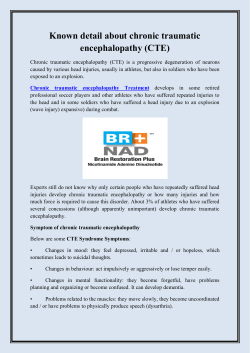
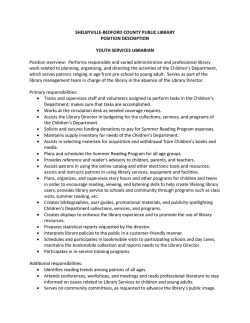
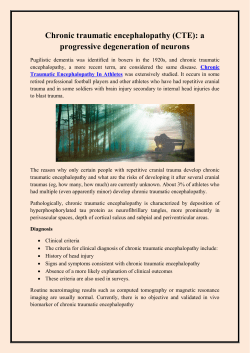
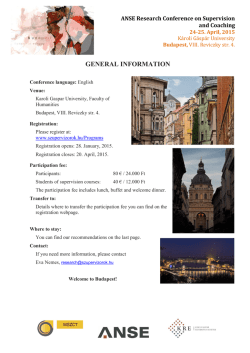
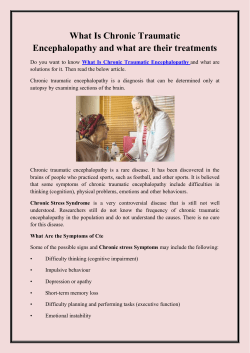
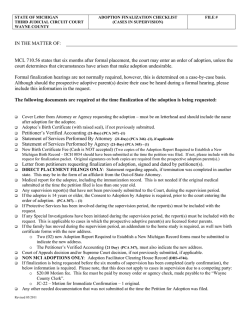
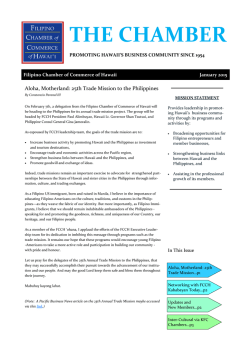
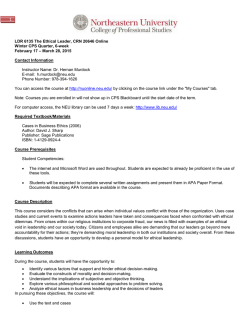
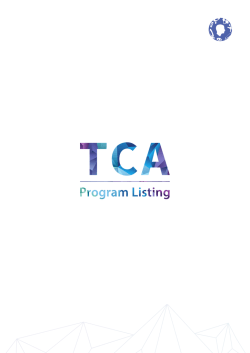
![Download [ PDF ] - journal of evolution of medical and dental sciences](http://s2.esdocs.com/store/data/000494152_1-f3a884eb535d7df1c0e94335539823a4-250x500.png)
